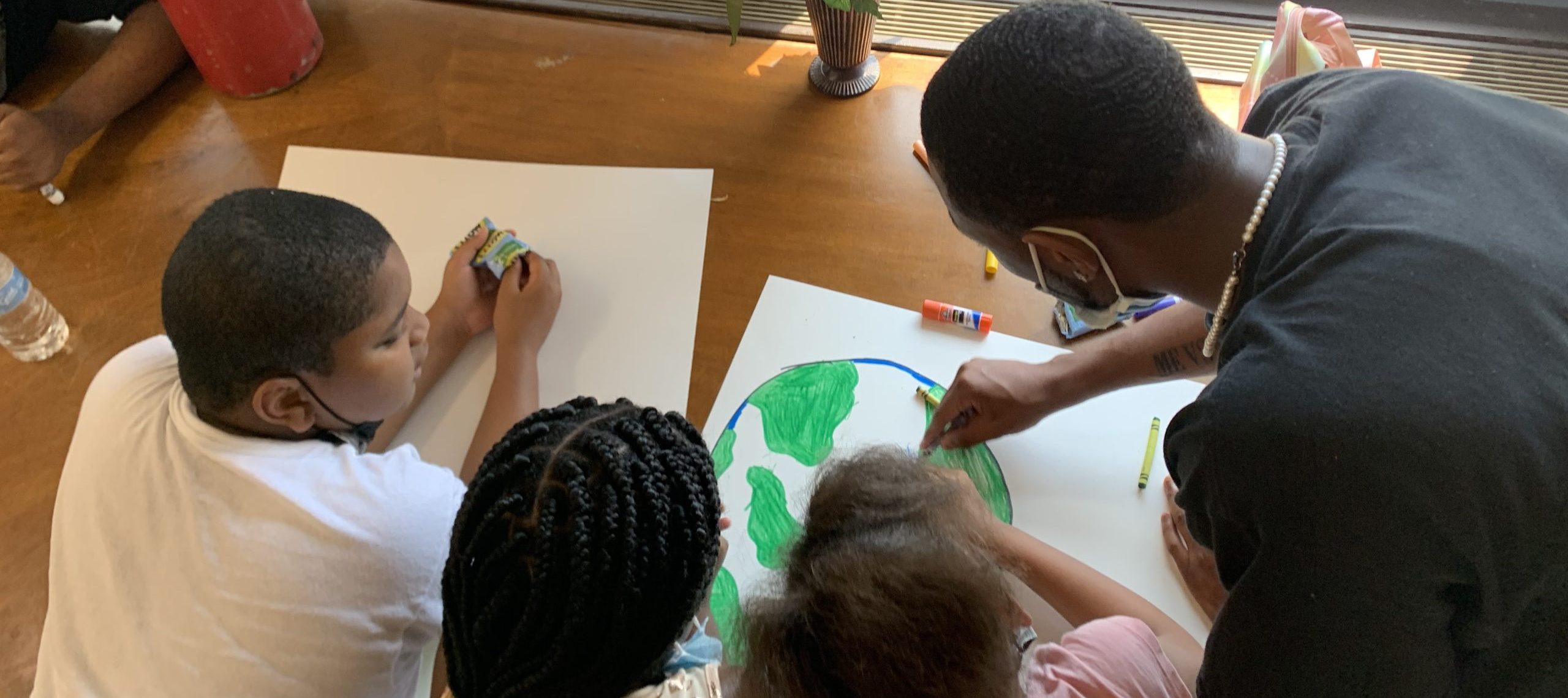
Urban School District Instructional Study
This study centers on an urban school district that has embarked on an ambitious program to update the quality of its instruction in all subjects at all grade levels. Generally, these reforms are consistent with what the research literature calls “ambitious instruction” or instruction for “deeper learning.” It emphasizes conceptual rather than procedural understanding, engaging and challenging curriculum, culturally relevant content, and active learning. The district under study has been engaged in a major curriculum overhaul, a shift to more intellectually rigorous teaching methods supported by the district’s central office. At the heart of this work is a team of instructional coaches guiding teachers across these new terrains. Teachers are supported by coaching, professional learning communities (PLCs), department chairs, professional development, guidance for administrators, and frequent formative feedback.
The research for this project is guided by the tenets of continuous improvement research (Bryk et al., 2015) which means that while it is concerned with program impact, it is primarily concerned with gathering information that will improve the implementation of the project and similar projects that this district or others may undertake in the future. This study investigates instructional reforms, newly written/revised curricula, and the supports for educators (e.g., PLCs, professional development, instructional coaching). Specifically, we aim to answer:
- What is the quality of implementation of instructional reforms and how does implementation vary across the system?
- What are the barriers to and facilitators of good implementation?
- What social-emotional and academic outcomes are associated with good implementation (for school, students, and educators)?
The success of educational interventions is often as much a function of how well they are implemented as of whatever intrinsic merit they may have (Snipes et al., 2002). The essential goal of implementation research is to understand anything that facilitates or impedes the process of establishing the project, anything that can support the improvement of the work. Consistent with the traditions of continuous improvement research, we are concerned not only with what “typically” happens, but with variations in outcomes. While we will look for specific outcomes, it is also important that the research has an open-ended aspect, an aspect of just telling the story in a way that captures growth, surprises, false starts, and dead ends. This work will contribute to the literatures on instructional improvement for traditionally underserved communities, scaling up improvement, program implementation, the use of research evidence, school leadership, and continuous improvement. We are particularly concerned with developing information that will support instructional improvement in bottom-quartile schools. As part of that concern, we will focus on what instructional leaders are learning about their work that can shorten the learning curve for others.
References:
Bryk, A. S., Gomez, L. M., Grunow A., & LeMahieu, P. (2015). Learning to improve: How America’s schools can get better at getting better. Harvard University Press.
Snipes, J., Doolittle, F., & Herlihy, C. (2002). Foundations for success: Case studies of how urban school systems improve student achievement. https://www.mdrc.org/sites/default/files/foundations_for_success_summary.pdf